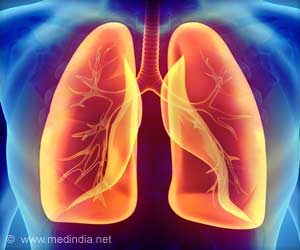British researchers say they have identified the body’s’fat switch.’ The discovery improves our on our understanding of how proteins regulate appetite control and insulin secretion.

CPT1 is the key protein that regulates fatty acid oxidation in the liver and is critical for metabolism. Its activity determines whether individuals suffer from fatty liver in one extreme or ketosis in the other.
Professor Zammit explained: “Knowing that the CPT1 enzyme can switch and what controls it will ultimately lead to a better understanding of why some people appear to have a speedy metabolism and others struggle to curb their appetite.
“We are making great inroads to understanding the science behind our metabolism and how at cellular level it changes according to the influence of different factors — be they nutritional or hormonal.”
The importance of this work on clinical practice is that, having discovered the molecular mechanism, it should now be possible to design drugs that flick the switch of CPT1 in one way or the other, depending on the requirements of individual patients and the tissue that needs to be affected. For example, drugs can be developed for patients suffering from diabetic keto acidosis, a condition when insufficient insulin caused the body to start breaking down fat, so that the enzyme is inhibited to oxidize fewer fatty acids.
“This would be a major breakthrough in tackling the obesity crisis we now face,” added Professor Zammit.
Advertisement












